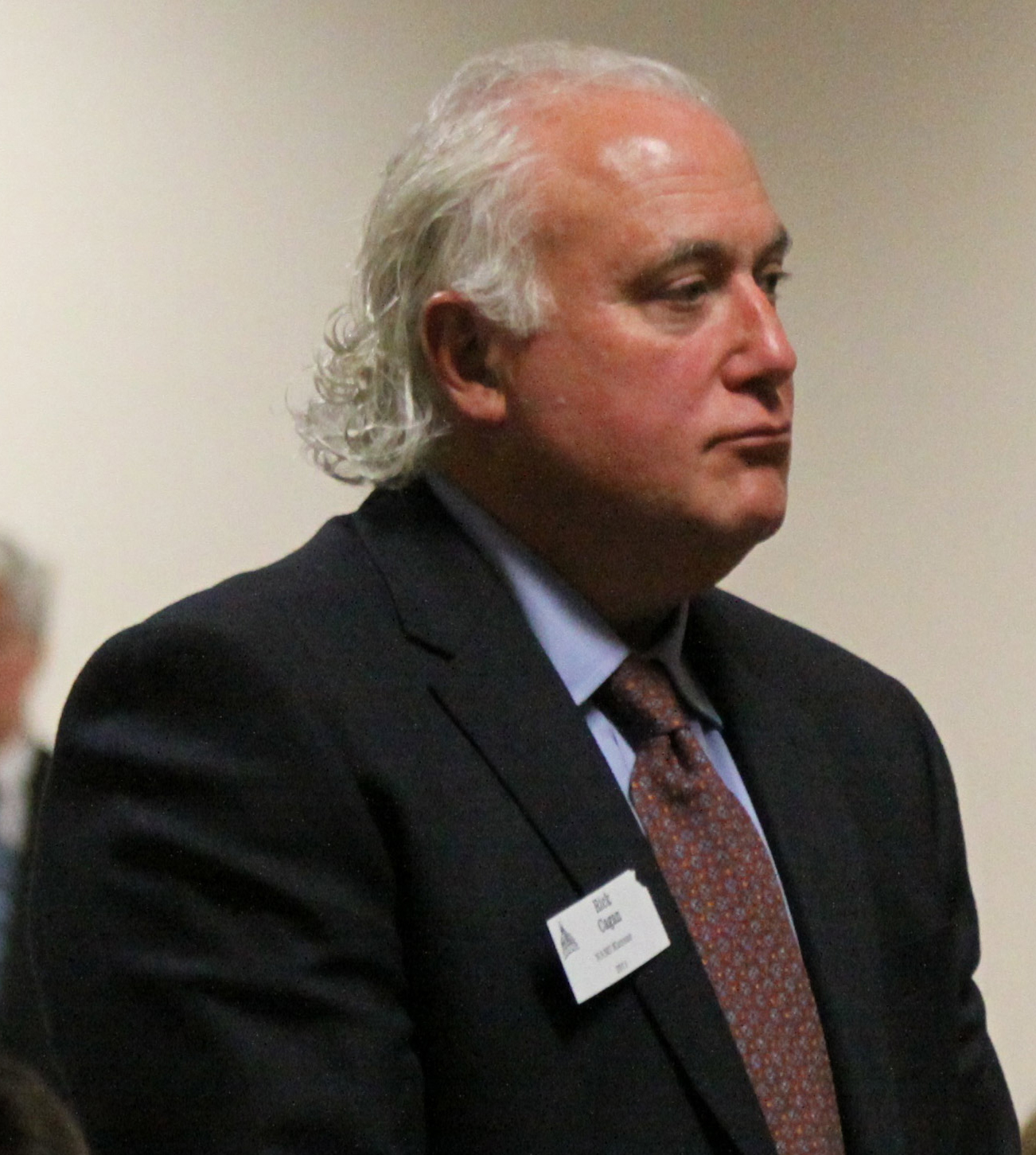
A report released today by NAMI, the National Alliance on Mental Illness, reveals new information about barriers that people with mental illness in our state encounter when trying to find affordable, quality mental health care.
The Doctor is Out: Continuing Disparities in Access to Mental and Physical Health Care found that, despite federal law, people lack the same access to mental health providers as they have for other medical providers. And when they find a mental health provider, many are forced to go out-of-network at a much higher rate than when seeking primary or even specialty care.
More than 1 out of 3 survey respondents with private insurance had difficulty finding a mental health therapist, compared to only 13% reporting difficulty finding a medical specialist. And over 1 in 4 people receiving mental health therapy used an out-of-network therapist, compared to only 7% needing to use an out-of-network medical specialist.
Throughout NAMI’s history, parity – covering mental health and addition care at the same level as other health care – has been a priority issue. NAMI successfully fought for passage of a federal parity law that was intended to improve coverage for mental health treatment. Today’s report is result of NAMI’s third nationwide survey to learn whether people with mental health conditions were experiencing better coverage and access to care under parity.
The NAMI report was released simultaneously with a report published by Milliman, Inc. on behalf of a coalition of America’s leading mental health and addictions advocacy organizations. The Milliman report uses private health insurance data to confirm what everyone knows: people must seek mental health care out-of-network much more frequently than for other health care. It also confirms that psychiatrists are routinely paid less than primary care doctors and medical specialists for the same types of services – even those under the same billing codes.
Nationally in 2015, nearly 1 in 5 individuals received outpatient behavioral health care out-of-network – a rate 5.1 times higher than primary care services and 3.6 times higher than medical specialty care services received out of network. For individuals receiving inpatient behavioral health care out-of-network, the rate is 4.2 times higher than for other inpatient services.
In Kansas, the disparities are glaring. In 2015, individuals received outpatient behavioral health care out-of-network at a rate of 6.5 times higher than primary care services and 4.79 times higher compared to specialists.
For individuals receiving inpatient behavioral health care out-of-network, the rate is 3.95 times higher than for other inpatient services.
The data is in: the inequities for people seeking mental health care are real. And this means that people with mental illness aren’t getting the care they deserve. It’s time to level the playing field. The way our state can address this is for the Kansas Insurance Department to conduct random market audits of private health insurance and Medicaid managed care plans.
Access the NAMI report.
Access the Milliman report.
 NAMI Kansas is the state organization of the National Alliance on Mental Illness, providing programs of peer support, education and advocacy in 15 communities in Kansas on behalf of individuals living with mental illness and their family members.
NAMI Kansas is the state organization of the National Alliance on Mental Illness, providing programs of peer support, education and advocacy in 15 communities in Kansas on behalf of individuals living with mental illness and their family members.
